Coronavirus: protecting elderly priority for most vulnerable
Avoiding heartbreak inside a nursing home has taken on a new life as aged-carers step up hygiene practices in the corona era.
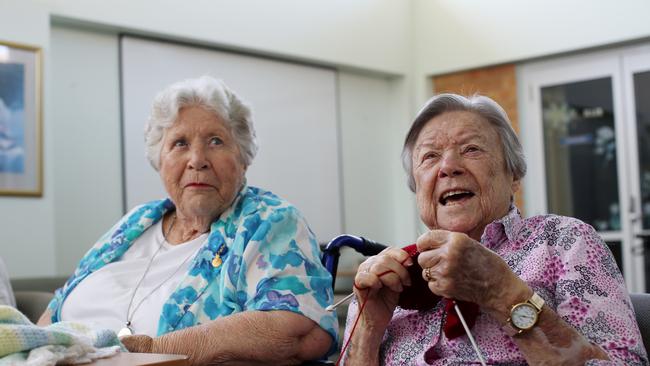
Avoiding heartbreak inside a nursing home on Sydney’s northside means more than it ever did.
In the best of times, the task for nurses and housekeepers at Allambie Heights Village was to make life as normal as possible for the twilight years of 42 elderly residents. When everyday illnesses already pose a risk to the survival of these people in frail health, the threat of coronavirus, highly contagious and dangerous for people with serious underlying conditions or weakened immunity, has suddenly changed everything in the battle to keep them safe.
“We expect it will hit right across Australia,” says Ciaran Foley, Allambie’s chief executive. “That’s the information we’re getting from health experts.”
It will be a fateful day when the first case is detected at Allambie. Until then, and after, every precaution will be taken to ward off the unwelcome intruder.
Under enhanced infection controls, handrails are bleached, doorknobs are wiped and resident rooms disinfected. Staff must have their temperatures checked at the start of daily shift changeovers — any showing indications of fever is sent home.
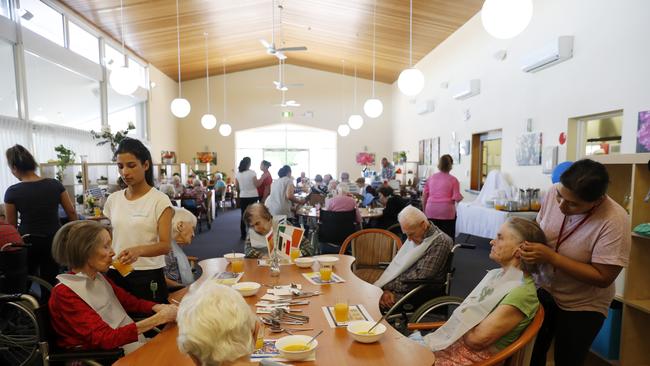
There are signs everywhere telling employees to wash their hands regularly, and hand-sanitiser dispensers are stationed in corridors with instructions for all who pass to use them. If there was any doubt, a 20-second advisory on hygiene runs on a TV loop throughout the centre.
Residents are allowed up to two family visitors in their rooms at a time for short periods of about 25 minutes, and no visitors are permitted in common areas.
Then there are the rules for outsiders. Entry to the building for anyone showing flu-like symptoms is banned. Regular outsider contractors who work in other nursing homes as well, such as hairdressers, are blocked until further notice. The same goes for groups of entertainers.
These rules, based on measures announced last week by Scott Morrison to minimise the risk of spreading COVID-19, come as federal and state authorities flag even tougher restrictions on movement, although it remains unclear whether they will be tightened further for the nation’s retirement and aged-care centres.
“We don’t want to upset people, as much as possible, but there are changes, and they (the residents) all see the news — they are getting scared,” says Leny Behan, the centre’s assistant in nursing.
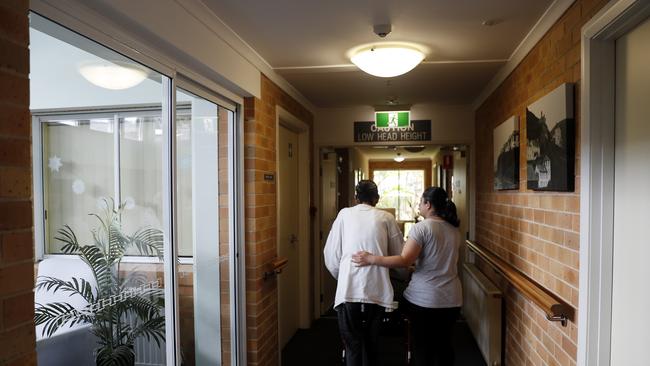
Yet despite the upheaval, life goes on. The challenge of the new normal at Allambie is to keep the calm and protection of an environment that is not at risk of COVID-19 from within: the threat to residents comes only from an uncertain world outside if staff, family visitors and others who enter bring in the infection.
Joan Somerville, 91, is at a post-lunch knitting class making a shawl for her sixth grandchild. “There’s no more kissing kids on the head anymore,” she says. “And there are notices around the village, you’ve got to wash your hands, it’s all written down.”
Ms Somerville, who moved to Allambie two years ago when her kidney failure and other ailments became too much for life at home alone in nearby Manly Vale, has watched the fast spread of coronavirus — from the comfort of her room.
“It’s gone massive all over the world, it’s on television, it’s a situation that’s serious, and it’s very obvious that Australia is doing what it can,” she says.
Ms Somerville’s dear friend, Joan Henderson, 92, says: “I’m concerned. I’ve been exercising all the controls, things like that. It’s between one evil and keeping away from another evil. I’m doing what I can to avoid it.”
Mr Foley, who has headed the not-for-profit centre since 2006, says Allambie had one practice run for what could happen if coronavirus hit three years ago when some residents contracted influenza. On that occasion, the centre went into “lockdown” with residents confined to their rooms.
At this stage, Mr Foley says the Allambie centre — which has a separate 54-apartment retirement village and 55-apartment rental complex — has “personal protection equipment” such as face masks on hand. There is no intention to use them yet, as long as other preventive measures work. He says some flexibility on visiting times is critical to avoid isolation among residents — providing procedures are followed. And discretion is needed for a few residents receiving palliative care, near the end of their lives, wanting to see family and relatives.
“Life has clearly changed, however we are trying to normalise — as best we can — life and living conditions,” Mr Foley says.


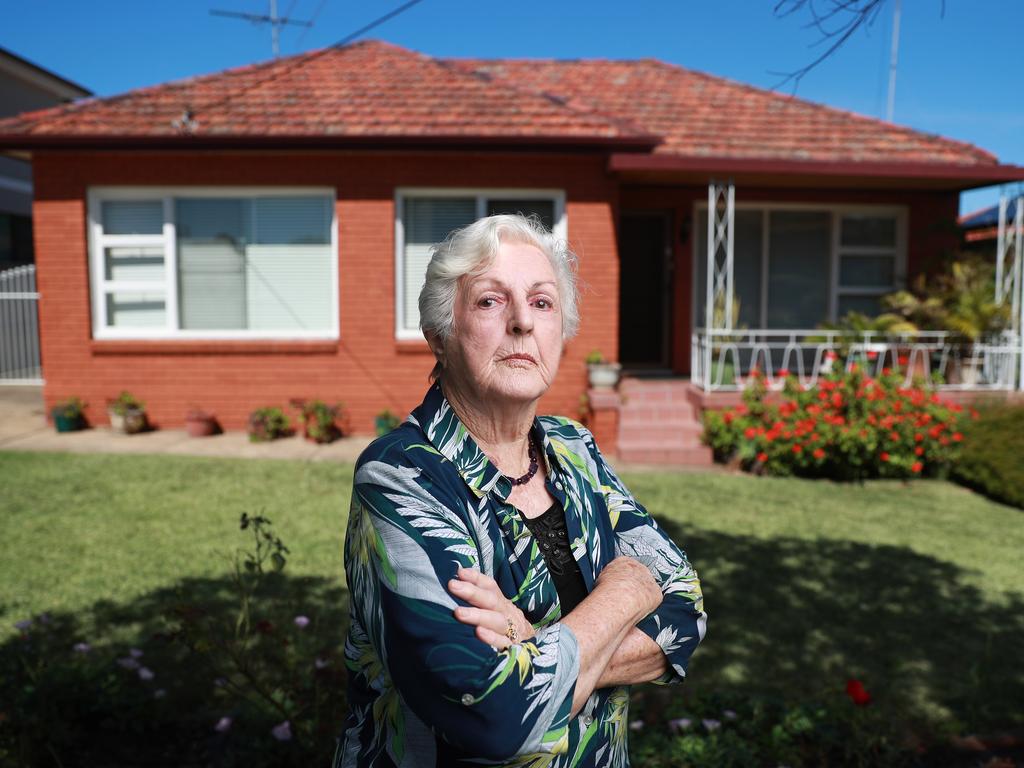
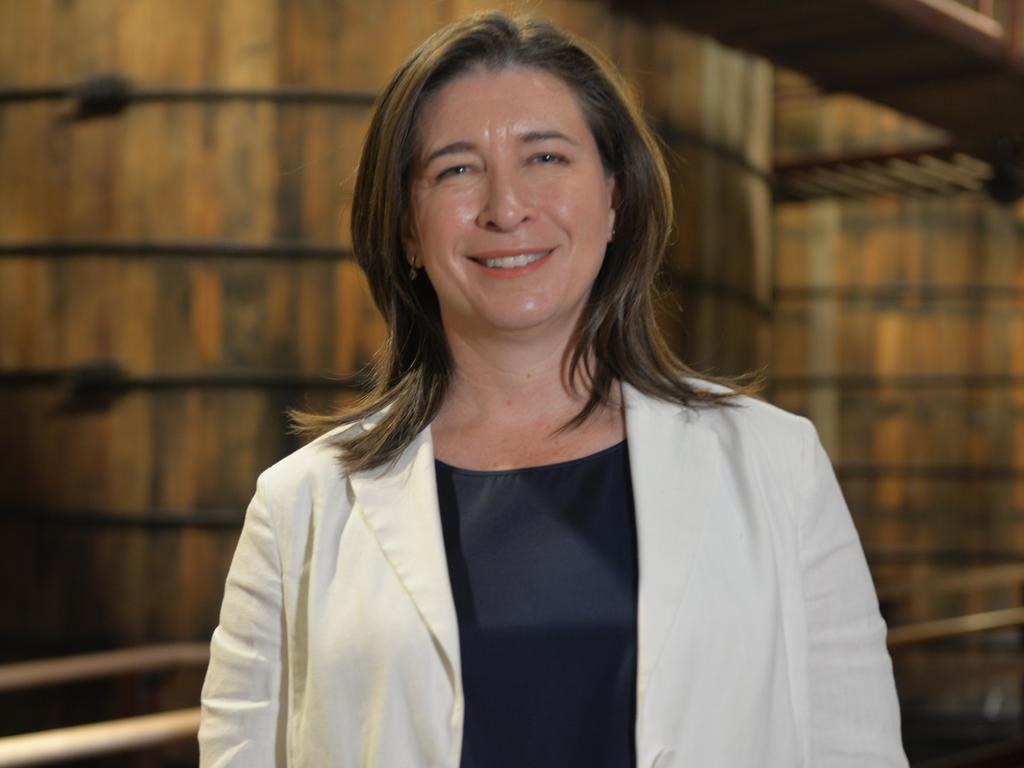




To join the conversation, please log in. Don't have an account? Register
Join the conversation, you are commenting as Logout